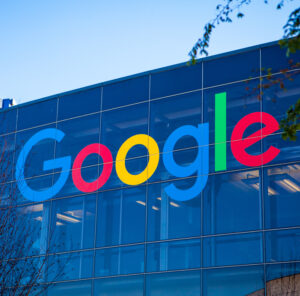It’s ad tech’s annus horribilis.
Last year, nearly every business related to digital media and ecommerce was sailing high, and a series of ad tech companies hit the market with strong valuations. It seemed as if the investor community had changed its mind about SaaS ad tech.
Boy, have things changed.
Over the past year, DoubleVerify is down by 30%, while The Trade Desk and PubMatic have seen their respective market caps drop by more than half. And, no joke, those are the highlights of the category.
Although the agency holding companies are still reporting steady returns, most everyone is hunkering down for a cold winter.
If it’s any consolation, ad tech isn’t alone. Meta has lost two-thirds of its value – more than $700 billion in market cap – since the company was hit with the brutal jab-punch combo of Apple’s ATT policy changes and the economic downturn.
But Meta’s quarterly earnings is not what we’re talking about this week.
On Monday, AdExchanger reported on a customer service fee scheme orchestrated by DTC advertising consultants and agency execs who had been soliciting kickbacks from advertisers in exchange for calling in favors with Facebook employees.
Advertisers whose accounts had been inexplicably suspended (unfortunately, a common headache) or seen campaigns called off with no explanation (even more common) would pay a few thousand bucks to have the problem reversed. This led to the firing a small group of Meta employees.
The fee scheme is indicative of the general issues plaguing Facebook’s ad platform, which has been beset by glitches all year and is struggling to provide sharp customer service to ad buyers who seem to know the platform better than Facebook’s account reps and even some of the Facebook developers responsible for the code base.
Unfortunately, Meta announced an 11,000-person layoff this week, about 13% of the company, which wipes out a great deal of institutional knowledge.
If you’re looking for a positive spin, though, at least this means many Facebook – and Twitter – employees are being unleashed on the market. Maybe they’ll get together and repurpose that deep institutional knowledge to create something new.
There is, after all, a Twitter-sized hole appearing in the social media market.
















